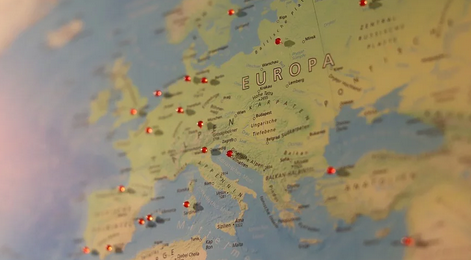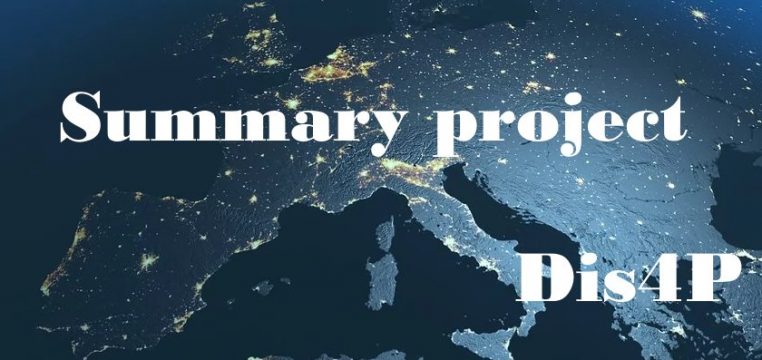The right to lifelong learning and the principle of equality of access to education and training opportunities, in accordance with the first principle of the European Social Rights Foundation as recalled by the Council
of the European Union in its recommendations of 22 May 2018, underpin our ambition to enable the detained person to acquire the knowledge and skills necessary to be able to reintegrate as well as possible into his society, once released.
A real thread running through all their educational activities, social integration represents, ipso de facto, the very purpose of the presence of teaching structures working in prisons.
Confronted with a teaching context heavily impacted by a very strong discontinuity in the individual learner paths resulting from multiple factors (high turnover rate of people, great heterogeneity of the public, many constraints inherent to the requirements security specific to places of detention), it seems all the more necessary to them to wear the the same ambitions and references as those used in the open air in order to confer a the learner, to work concretely to guarantee equal opportunities and to ensure that effectively to the relevance and quality of their training offers.

Thus, teachers in prisons, even more so than in open settings, must contribute a constant restructuring of the learning paths they offer, updating by their knowledge and pedagogical practices.
Our project to organize time for reflection and collective work, in a context of a resolutely European partnership, must allow the construction of pedagogical responses capable of to minimize the negative impact of the discontinuity of learning paths on people held.
The European partners who have decided to join forces in the management of this ambitious project are :
- Education Department of the Gherla Penitentiary Centre (Romania)
- CPIP Non-Governmental Organization, whose objective is cooperation and innovation in action inprisons (Romania).
- Nelson Mandela Public Adult Education Institution (EPAPU) in A Lama (Spain) ;
- Regional Pedagogical Unit Auvergne-Rhône-Alpes (France) + GIPAL Formation

Through this choice of collaborative work over a two-year period, everyone is committed to working collectively, including through the holding of six transnational meetings, to:
- to deepen our respective knowledge of the prison and education systems of our Member States different countries ;
- inventory their systems for implementing education in prisons;
- open the doors of our classes to our partners, observe, co-facilitate times of teaching;
- facilitate the concrete exchange of experiences and the sharing of professional techniques;
- collectively carry out an inventory of the most effective pedagogical practices;
- cross-reference our views on our respective methods of taking care of the learner in order to together build concrete recommendations for our professional practices, didactic, pedagogical and organisational,
for the ultimate benefit of the persons detained that we support in their learning paths, and therefore, in the end, in their social integration.
This work will lead to the drafting, experimentation, dissemination and wider use of two tools :
- a catalogue of good practices compiling pedagogical sessions and sequences specifically designed to be reinvested in learning paths conducted by detention;
- a pedagogical kit for drawing up training plans in prisons, listing the following different stages of individualised school care for persons detained by the pedagogical and educational teams, and making recommendations on this point in order to best position the student as a protagonist and responsible for his or her own curriculum.
We want to believe that the mutual enrichment of our professional techniques, the diffusion, the pooling and then perpetuation of the innovative practices identified and built by this project will have a decisive impact in terms of optimizing the management of the school career of the incarcerated person, a key element of his or her reintegration. There is no doubt that our common work programme will see the emergence, as it unfolds, of a number of even broader educational and organizational objectives. We are convinced that it will then constitute the crucible for their future collective pursuit, for the benefit of the persons detained, through a further and ambitious Innovation project that could be extended to other partners, always within the framework of transnational schemes supported with conviction by our European Union.



